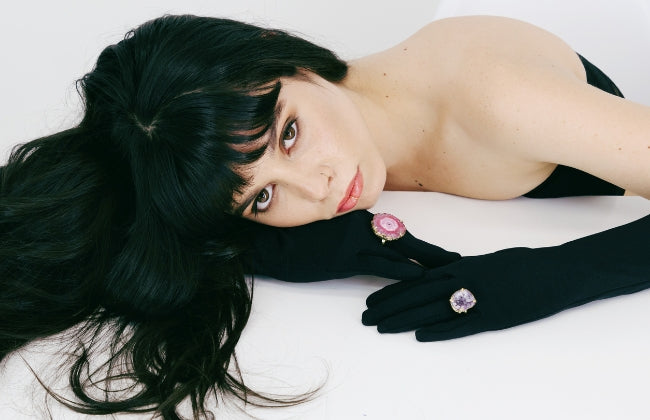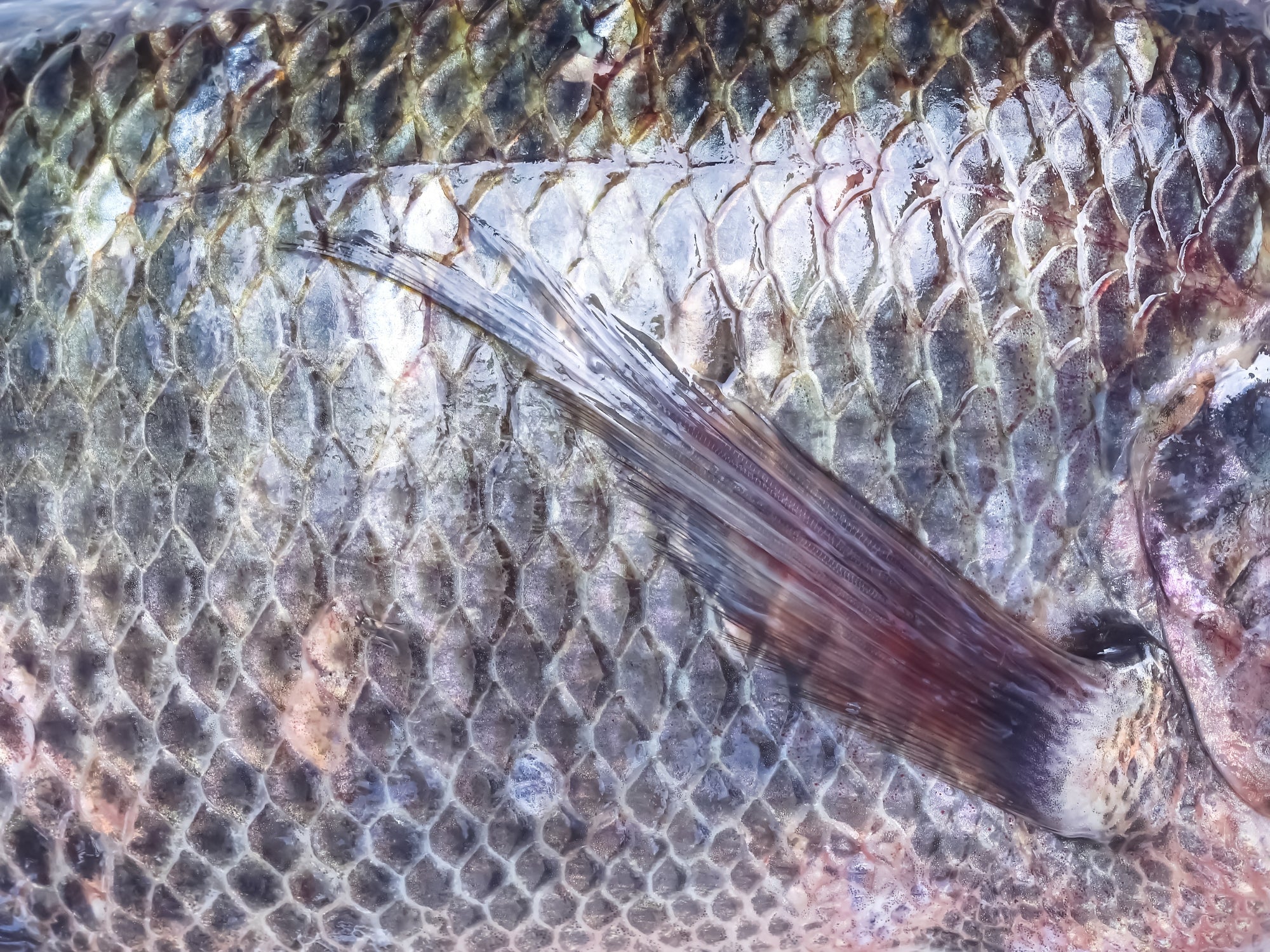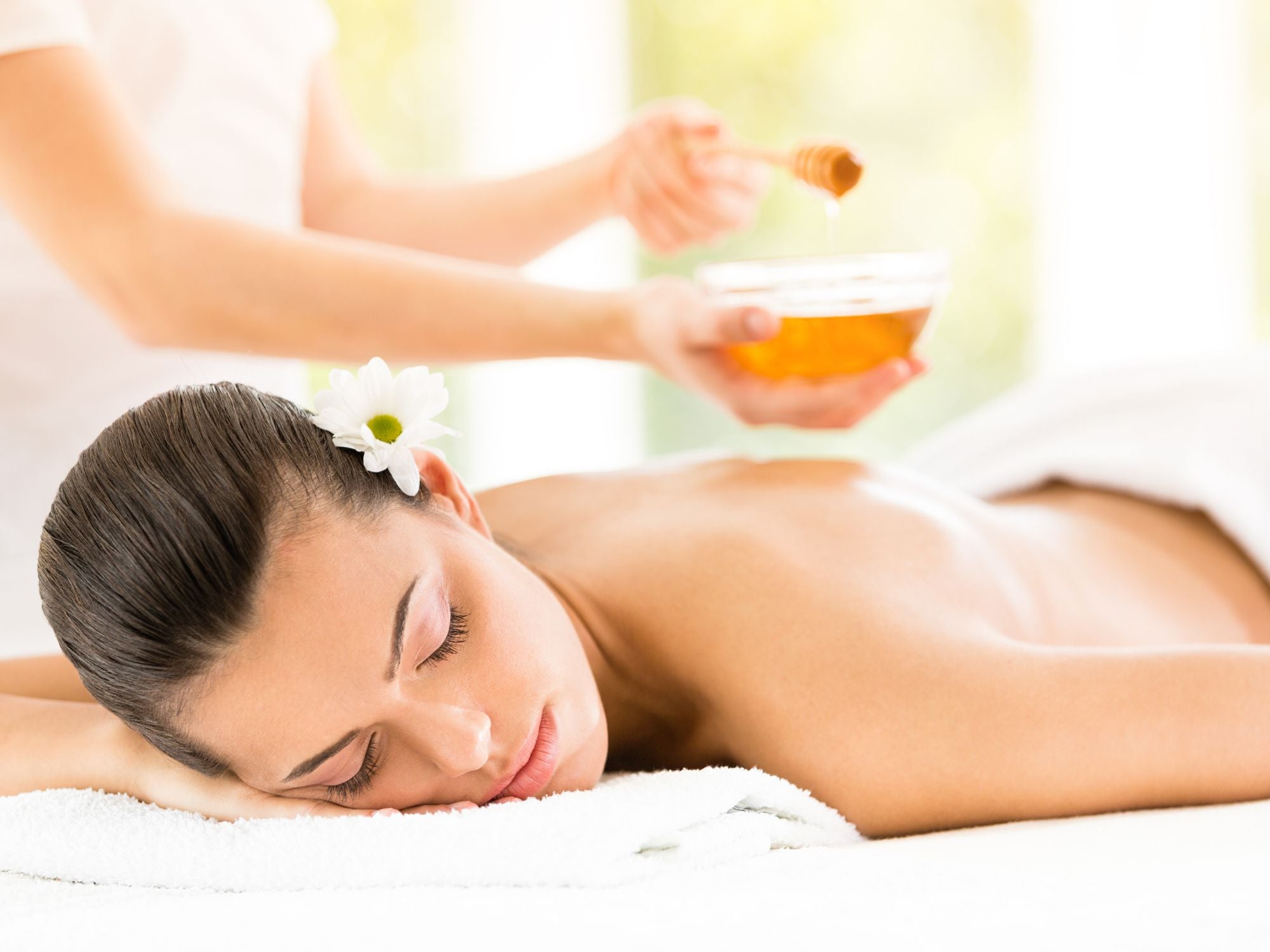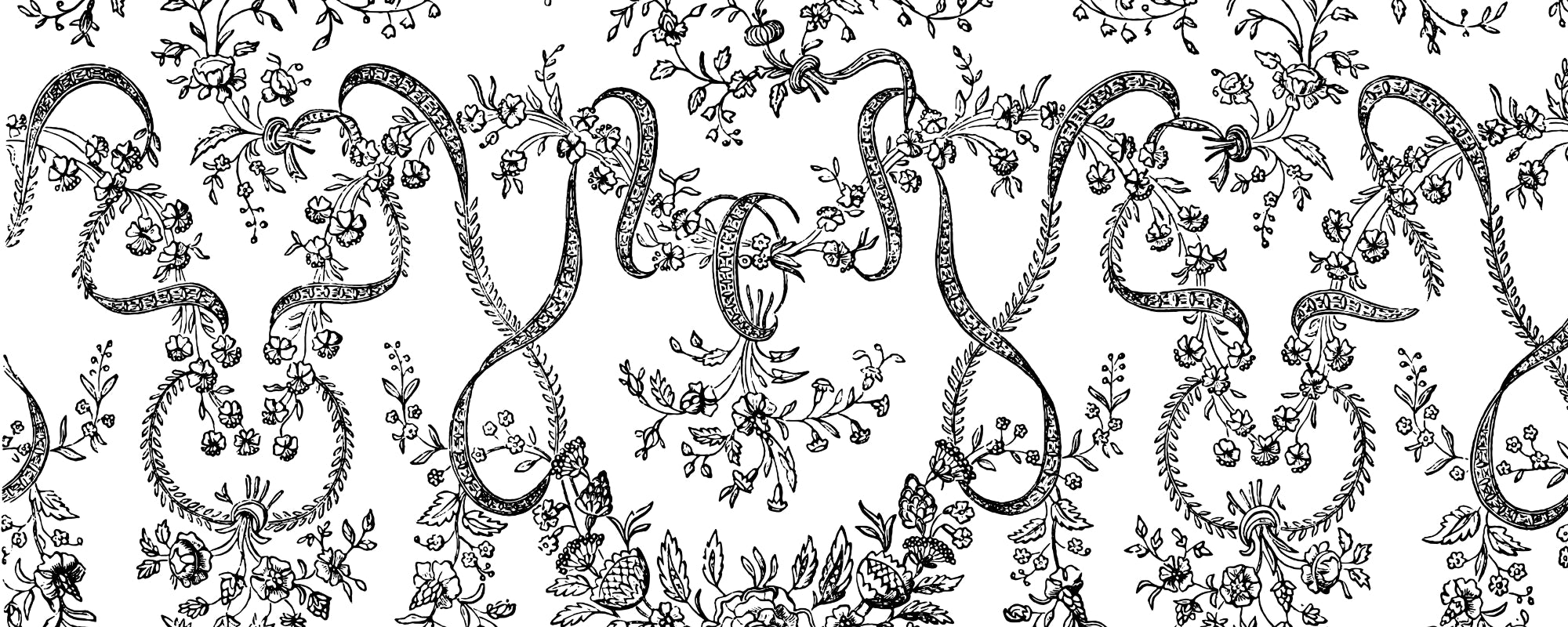WHY ATTRACT BEES TO YOUR GARDEN?
Attracting bees to your garden is not only beneficial for the bees themselves but also for your garden. Bees are important pollinators and help to ensure the health and productivity of plants. Honeybees don’t just pollinate flowers! They pollinate fruit and nut trees (like almonds, macadamia, citrus and apples), vegetables (like cucumber and squash), berries, and herbs (like thyme, chives, origanum and lavender).
HOW TO ATTRACT BEES TO YOUR GARDEN
Bees use scent to find flowers from afar, so choose sweetly scented, nectar-rich plants. They only actually see the colour of plants when they get closer to them.
Bees are attracted to blue, yellow, white, purple and violet flowers (with violet being their favourite).
PLANTS BEES LOVE
Lavender: This fragrant plant is a popular choice for bees, and its purple flowers & pleasing scent will add a touch of beauty to your garden.
Sunflowers: These bright and cheery flowers are a favourite of bees, and their large size makes them easy to spot.
Wildflowers: wildflowers (like Cosmos) are an excellent choice for attracting bees, as they are adapted to the local climate and soil conditions. You can find wildflower seed mixes that are specifically designed for different South African regions.
Rosemary: This herb not only adds flavour to your cooking but also attracts bees with its blue flowers.
Marigolds: These hardy plants are a great addition to any garden and are known for their ability to attract bees. Marigolds are also edible and can be used to brighten up any food dish or salad.
Sage: Another herb that bees love is Sage, it has purple-blue flowers that are both attractive and beneficial.
Echinacea: Also known as Coneflower, Echinacea is a beautiful plant with pink or purple blooms that bees find irresistible.
SEASONAL PLANTS FOR BEES
Different regions and seasons play a role in plant growing and flowering. It is important to be aware of this to keep a steady food source for bees throughout the year.
Plant flowers, shrubs and trees that will attract bees throughout the year. Additionally, avoid using pesticides in your garden, as they harm bees and other insects. If you absolutely must use a pesticide, always opt for a non-harmful, natural pesticide. These are widely available and very popular.
All year – Lavender, Heather
Spring to Summer – Rosemary, Sage, Citrus, Rocket, Strawberries, Thyme, Hibiscus, Daisies, Marigolds, Poppies
Summer – Agapanthus, Mint, Cosmos, Sunflower
Summer to Autumn – Echinacea, Salvia, Wild Laburnum Tree
Autumn to Winter – Ribbon Bush, Arum Lily, Geranium
Winter – Aloes (flower in winter), Buchu, Proteas
Winter to Spring – Pot Marigolds, Primulas, Wild Pear Tree
BEES NEED WATER!
Just as bees need food all year, your bee sanctuary will need water too! You can fill anything with water to help them out (bowl, bucket, birdbath, dish). The most important thing is to fill the container with something to prevent them from drowning – pebbles, stones, twigs, marbles, corks. Bees need to be able to land on the item and not be submerged in water.
If you have a pool, placing pool noodles or pool pillows is helpful to save bees, giving them somewhere to dry off and then be able to fly away.
Providing bees with sugar water should only be done as a temporary measure should there not be any other nectar or food source in your garden. Dissolved white sugar in warm water is best and easily digested by bees. Sometimes the weather may warm up and cause plants to bloom and then a cold snap follows, this can spell disaster for a bee’s food source. It’s better to monitor your garden and help with sugar or syrup water only when necessary.
Having a bee-friendly garden can be very rewarding! Gardening itself is a fantastic hobby, whilst having a positive impact on the environment. It’s a win-win situation for both nature, the little creatures and gardeners.





